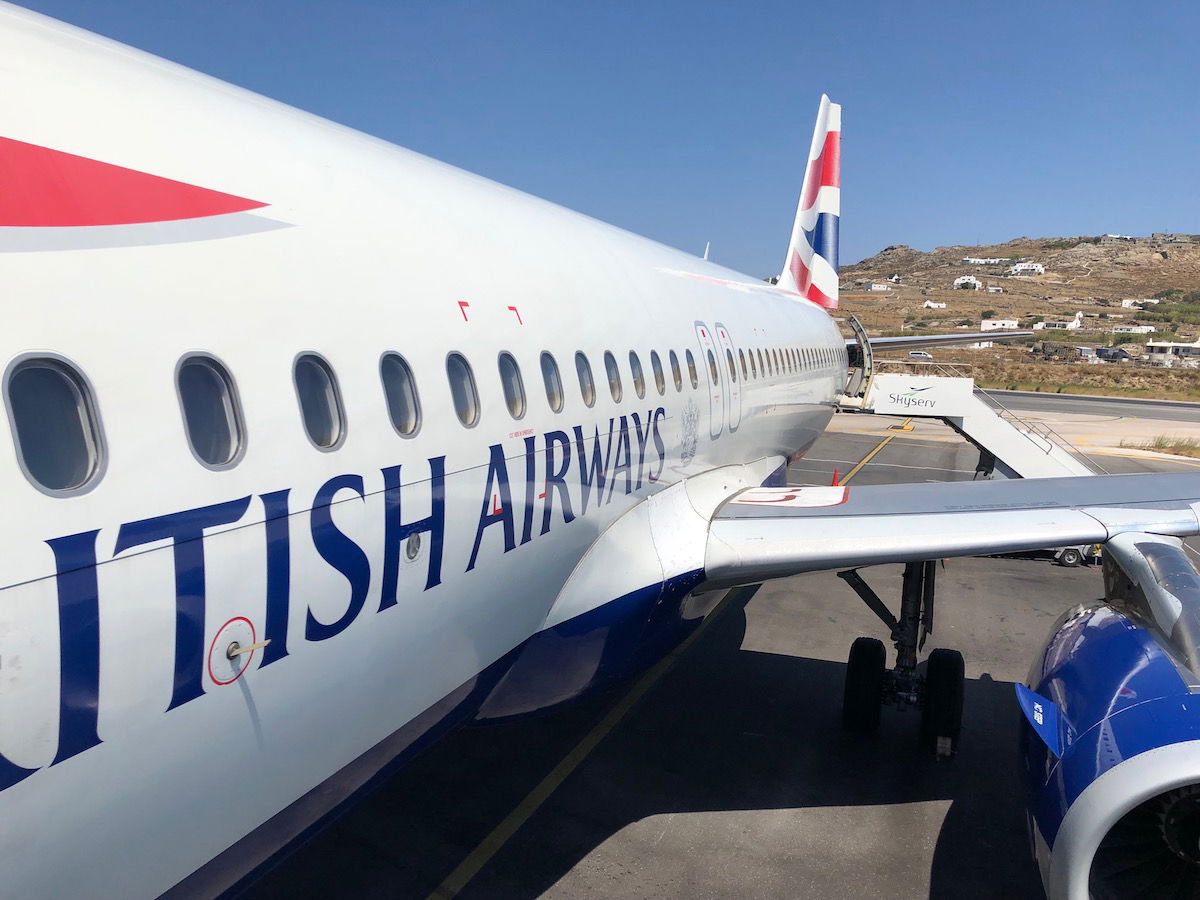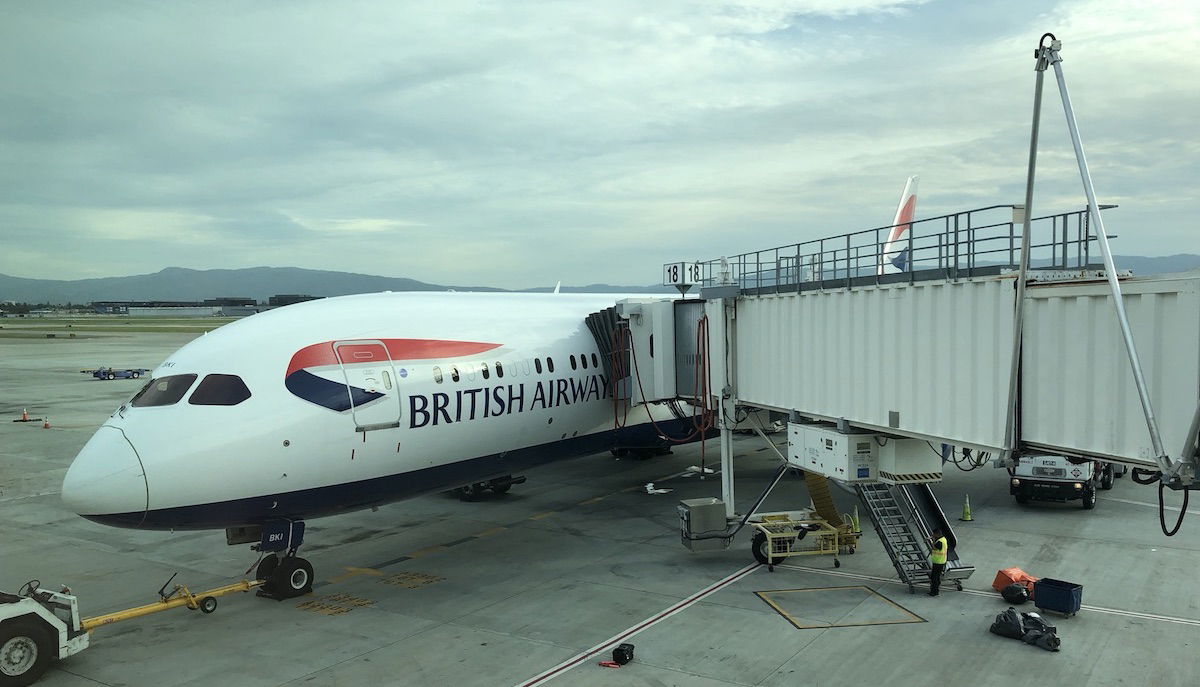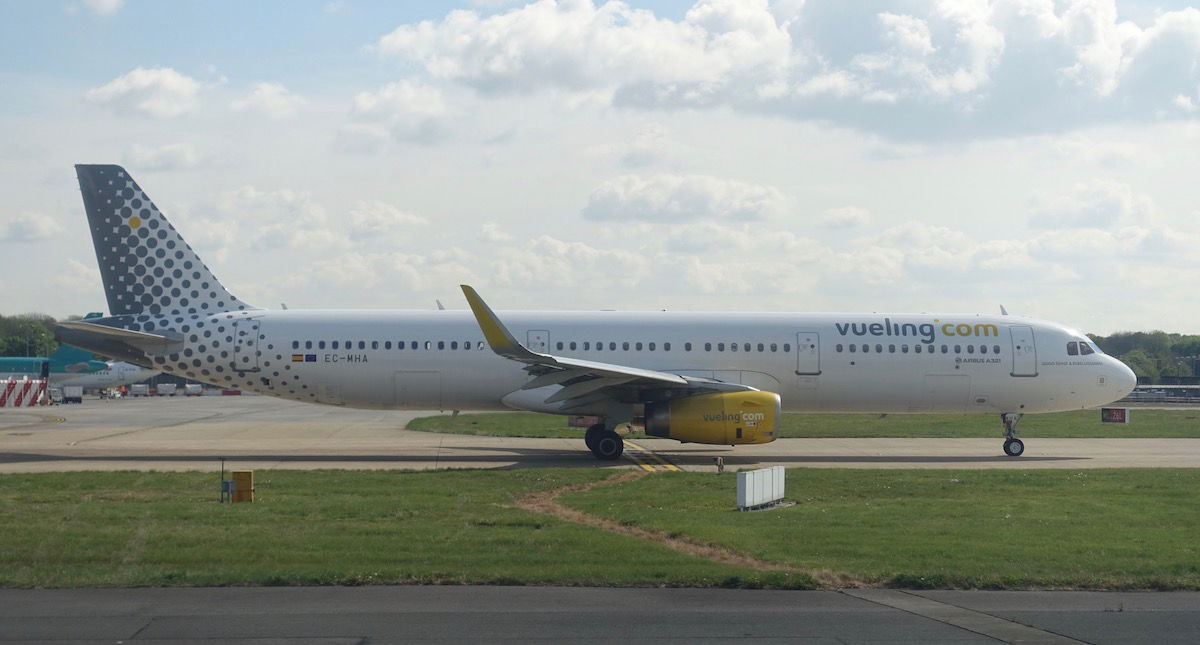International Airlines Group (IAG), the parent company of British Airways, has today updated their 2019 operating profit guidance based on recent events.
In this post:
The Cost Of British Airways’ Pilot Strike
As we know, British Airways has been having labor issues with BALPA, the union representing their pilots. The union had announced a full three days of strikes, on September 9 & 10, and then again on September 27:
- The September 9 & 10 strikes happened as planned
- The September 27 strike was called off by the union shortly after British Airways canceled all flights for that day
I know many of us have been wondering just how much all of this ended up costing British Airways, and now we know. British Airways has revealed:
- The strikes caused 4,521 initial cancelations
- 2,196 flights ended up being reinstated, leaving a total of 2,325 cancelations
- British Airways also had flexible cancelation policies for 4,070 flights not directly impacted by the strike, allowing customers to rebook or seek refunds
British Airways expects the net financial impact from the industrial action to be €137 million.
On top of that, further disruption affecting British Airways at Heathrow, including threatened strikes by Heathrow Airport employees, caused a further net financial impact of €33 million.

No Further Talks Have Taken Place With Pilots
In the press release, it’s also noted that no further talks have taken place between British Airways and BALPA, which also means that more strikes could be imminent.
When BALPA called off their September 27 strike, they said they did so in order to allow time to negotiate further. If negotiations don’t start eventually, it’s not going to be good news.
British Airways notes that the offer for an 11.5% pay increase over three years has been accepted by all of British Airways’ other unions, representing 90% of their employees.

IAG’s Profit Guidance
In addition to the losses related to industrial action, IAG also estimates that based on the latest booking trends, the low cost segment will see about a €45 million drop in revenue.
Based on current fuel prices and exchange rates, IAG is expecting 2019 operating profits to be a total of €215 million lower than in 2018 (in 2018 it was €3.485 billion).

Bottom Line
The pilot strikes at British Airways have cost the airline an estimated €137 million, and worst of all the situation isn’t even resolved yet. It seems that no further talks have taken place, so we could see further action on the part of the pilots (update: the pilots ended up voting in favor of a new agreement).





Rob - according to the Guardian the difference between BA and union positions is 5 million pounds annually according to the union, 50 million according to BA
BA should now not employ any pilots that are a member of BALPA and their new contracts should ban membership. The BALPA bosses should be thrown in jail. Pigs gourging from a trough, no rudeness meant to pigs, as unlike BALPA members, they are highly intelligent and social beings.
I wonder how the 135 million Euro losses already accrued by BA stack up against what it would cost to give the pilots more than what has previously been offered?
IAG is wildly profitable but just doesn't want to share the wealth. This is shortsighted at best. I loathe Delta, but among the things they do very well is to motivate their people through financial incentives including profit sharing. IAG would rather lose money.
I hope BA will disappear. Its an embarrassment.
Noah, how is 11.5% over 3 years generous (particularly for a company making huge profits at present) - it's not hugely over inflation.
Other national carriers in Europe offer a profit share scheme, BA do not wish to offer this to their pilots which is a major part of the dispute. IAG can afford this, but they choose not to. Profit sharing schemes make sense, particularly in a highly cyclical industry such as aviation. It...
Noah, how is 11.5% over 3 years generous (particularly for a company making huge profits at present) - it's not hugely over inflation.
Other national carriers in Europe offer a profit share scheme, BA do not wish to offer this to their pilots which is a major part of the dispute. IAG can afford this, but they choose not to. Profit sharing schemes make sense, particularly in a highly cyclical industry such as aviation. It also helps to align corporate and employee objectives.
90% of BA's staff accepted the (rather generous) 11.5% pay rise. This is just BALPA selfishly thinking that due to their size representing the vast majority of pilots, they had a solid negotiating position. Apart from the fact that BA were having none of their extremely unsustainable demands. This is what happens when unions become too powerful. They begin to act like a child who demands incredibly unrealistic things and then when it doesn't happen...
90% of BA's staff accepted the (rather generous) 11.5% pay rise. This is just BALPA selfishly thinking that due to their size representing the vast majority of pilots, they had a solid negotiating position. Apart from the fact that BA were having none of their extremely unsustainable demands. This is what happens when unions become too powerful. They begin to act like a child who demands incredibly unrealistic things and then when it doesn't happen throws a tantrum and chucks all of their toys on the ground. If BALPA represented a smaller number of pilots this strike would never have happened. Unions are better represented when there are several smaller ones rather than a huge and cumbersome one dominating the field. Therefore more views can be expressed and it's easier to compromise. Something which BA has a reputation of avoiding.
This whole negotiating thing is starting to remind me of another pointless debate happening in the UK. Brexit anyone?
Of course the additional cost to passengers in terms of hotel rooms lost, holidays rearranged and so on doesn't figure in their costings.
Glad to see that BA quote that Vueling's 'forward booking trends have deteriorated'. Once you've been Veulinged you wont fly them again!